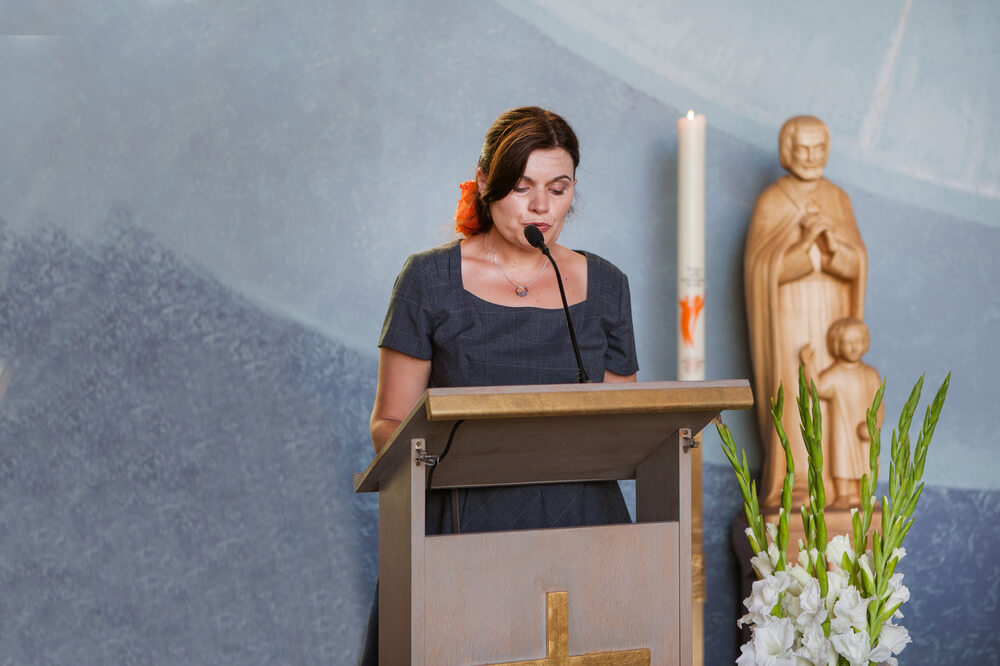On January 11, Pope Francis issued an apostolic letter, Spiritus Domini, that modified canon law and allows women to be installed in the ministries of lector and acolyte.
This week on The Patrick Madrid Show Patrick explained what this announcement means, what it doesn’t, and what questions still remain.
On the document published by Pope Francis, Patrick said, “It’s what is called a motu proprio, which is a Latin phrase that means ‘by his own volition’ or ‘by his own will.’ And that’s a way of describing when a pope can legislate the Church’s law. Keep in mind that the Church says that the pope is the supreme legislator, so he can enact law on his own, as he wishes. And that’s what a motu proprio is in this case.”
In the motu proprio Pope Francis changed the wording in Canon 230 of the Code of Canon Law from “lay men” to “lay persons”, opening the ministries of lectors and acolytes to women.
“Now, these terms have specific meanings, not only in the Church’s law but theologically,” Patrick pointed out. “This is distinct from you as a woman reading as a lector in your parish. These are extraordinary circumstances, in that the Church permits women to be lectors and the Church permits girls to be acolytes.”
Patrick explained that to understand this announcement, it’s important to understand the history of these ministries.
He said, “When it comes to the sacrament of Holy Orders there used to be, until they were suppressed shortly after the Second Vatican Council, what were called minor orders. The minor orders included acolyte, lector, and exorcist. Those were the minor orders, and those would be followed by subdeacon, then deacon, then priest, and then bishop.”
Although several of these minor orders were suppressed after the Second Vatican Council lector and acolyte remained.
“What happened with Pope Francis’ motu proprio is that he made it official that women can now be installed in those ministries,” Patrick said. “Now, this is where I think some people are nervous. But this is not saying that women can be ordained deacons, although there are certain people who are pressing endlessly for that. But it’s saying that they can be officially or formally installed (not ordained) in these two orders, acolyte and lector.”
Patrick explained that being installed as a lector or acolyte is different than helping out at your parish and reading as a lector. Being installed as a lector or acolyte makes that ministry official for that person, and under normal circumstances would be a permanent ministry.
“Which raises confusion, because people have always understood that these minor orders lead to the diaconate, whether a permanent diaconate or a transitional diaconate for those who are going on to the priesthood,” Patrick said. “This has always, from time immemorial, been open to men only.”
Patrick acknowledged that this does raise some questions as to whether women could become ordained deacons if they can be installed in the ministry of lector or acolyte.
“Pope Francis has the authority to do what he did,” Patrick said. “I’m not in any way questioning that. But naturally there are going to be these kinds of questions and some confusion that will result from it. And we can hope and pray that the Holy Father will respond to those questions that arise and offer clarification.”
Listen to the full response below:
The Patrick Madrid Show airs weekdays from 8:00 – 11:00 a.m. Central on Relevant Radio® and the Relevant Radio App.


